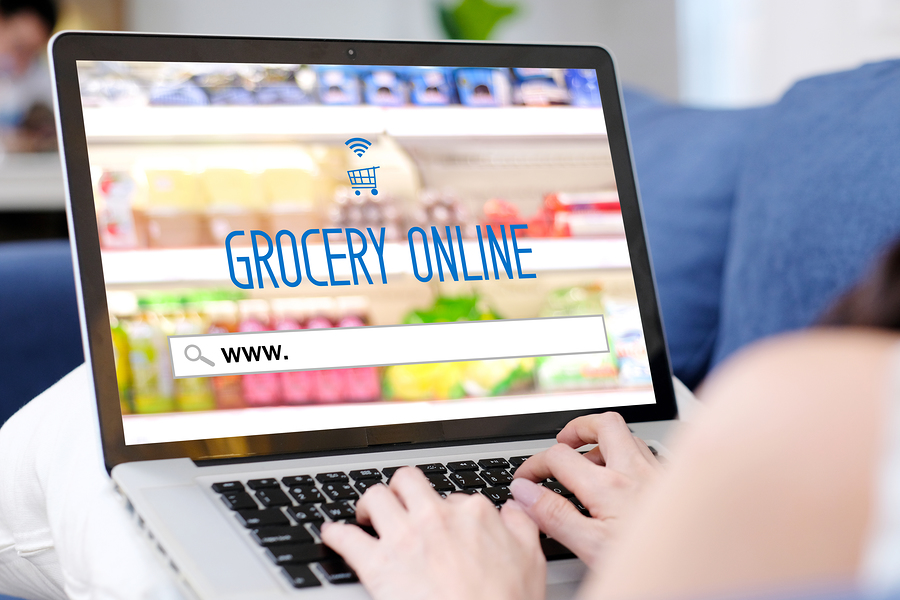Guidance as new voice required in the face of cultural upheaval
Whatever the marketing plan looked like four months ago, it’s changing now in the face of a new reality and shifts in consumer attitude. Here we will chart the conditions and explain an enlightened approach.
So you understand what sits underneath the shifts:
Awhile back when we were engaged in the home safety products category, we had access to reams of quantitative and qualitative research to help us understand what the barriers were to purchase of potentially lifesaving products. The primary hill climb can be summed up in six words: “It will never happen to me.” Home fires, carbon monoxide incidents and other similar close-to-home threats happen to “other people,” consumers believed. This complacency could only be disrupted when confronted with real people stories of loss and tragedy.
The self-assessment people made was, never in my backyard. Now that sentiment has broadly shifted.
The unfolding events around us all has created a new reality. The change can be summed again in a statement, only modified as “it CAN happen to me.” We are witnessing the emergence of primal fear, anxiety nourished with uncertainty, multiplied by the speed of change going on and accelerated by public policy moves in an effort to flatten the curve of pandemic impact.
People believe they are truly vulnerable, while news reports of continued escalation in COVID-19 cases operates as confirmation of that view.
What does this mean to you? There is a rapidly increasing need for emotional support and preparedness. If you’re wondering whether or not consumers are paying attention to your behaviors and communication, a new research report suggests they are closely watching your moves.
- Gfk research has been tracking the changes and in a recent report said that 73 percent of consumers say how companies react and handle the unfolding crisis will have an impact on future purchase decisions. No surprise, 85 percent of Gfk respondents indicated the virus is impacting their shopping behaviors, presaging a significant, and likely lasting, migration to e-commerce channels.
Primary call to action: consumers are looking for “a brand I can trust to guide me.” Thus, it’s time to step back and take a hard look at what initiatives and outreach in your current efforts are specifically addressing the need for trust creation.
Trust and safety are paramount
- How are you expressing and addressing empathy and support for the lifestyle upheaval and anxiety people are experiencing?
- Can you help people answer and manage the emergence of ‘family cabin fever’ conditions in the home?
- Can you provide lifestyle encouragement, advice and ideas to help home-bound families continue healthy living regimens and behaviors?
- Of note here, the more ‘unexpected’ it is from you in the areas to try to be helpful in, the more unselfish and trustworthy you appear.
- Time to enable and encourage community conversation of shared experiences and events in your social channels. People need a place to engage and share.
- Reveal details of your ingredient safety and testing standards in product creation. In fact, generally there has never been a better time than now to be transparent about everything.
- What are your manufacturing hygiene protocols and safety procedures?
- For emerging brands, communicate your supply chain integrity and ability to continue the regular flow of products to distribution. If there are limitations in this area, explain them openly and honestly.
- For food retailers, your customers are going to hit exhaustion with home meal preparation 24/7. How can you amp up your prepared meal solutions business to bring some welcome relief for home chef monotony syndrome?
Engagement likely to be at an all-time high
With fewer distractions and a feast of extra time on their hands, people will be more open to engagement and have the bandwidth to pay attention. Content creation strategies can help fill the void. That said, it’s important to observe the rules of being helpful and useful over product promotion hype.
In 2008 and 09 when the economy tanked, a great lesson was served to businesses everywhere. Companies that continued to invest and communicate experienced share gains over rivals who answered the soft economic conditions by going into a fiscal fetal position.
You have the chance now to be seen and heard. What you say will impact perceptions of your ability to be trusted and of value to consumers’ rapidly changing lives.
If you need help navigating in this time of great change, please let us know.
Looking for more food for thought? Subscribe to the Emerging Trends Report.
Bob Wheatley is the CEO of Chicago-based Emergent, The Healthy Living Agency. Traditional brand marketing often sidesteps more human qualities that can help consumers form an emotional bond. Yet brands yearn for authentic engagement, trust and a lasting relationship with their customers. Emergent helps brands erase ineffective self-promotion and replace it with clarity, honesty and deeper meaning in their customer relationships and communication. For more information, contact Bob@Emergent-Comm.com and follow on Twitter @BobWheatley.
